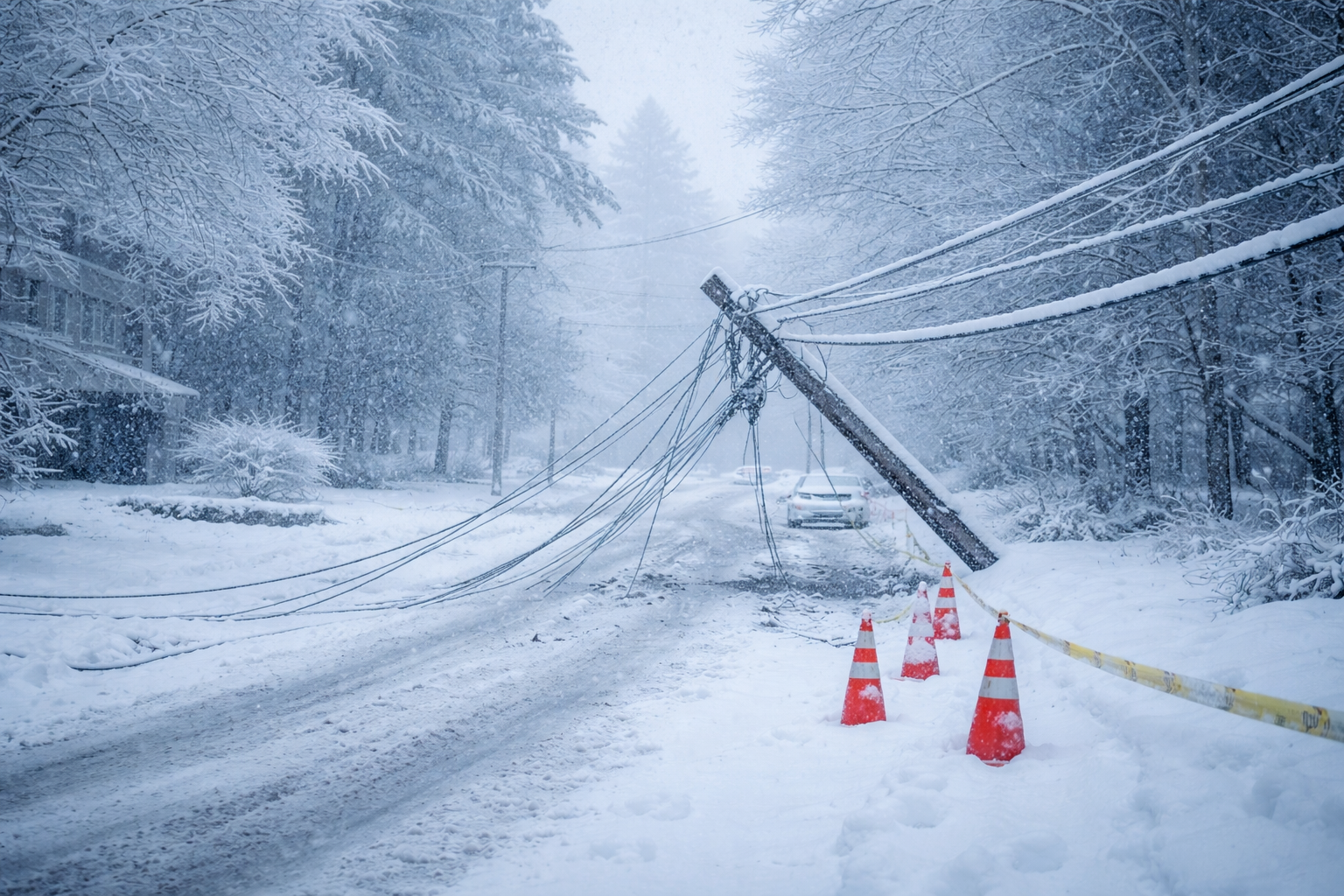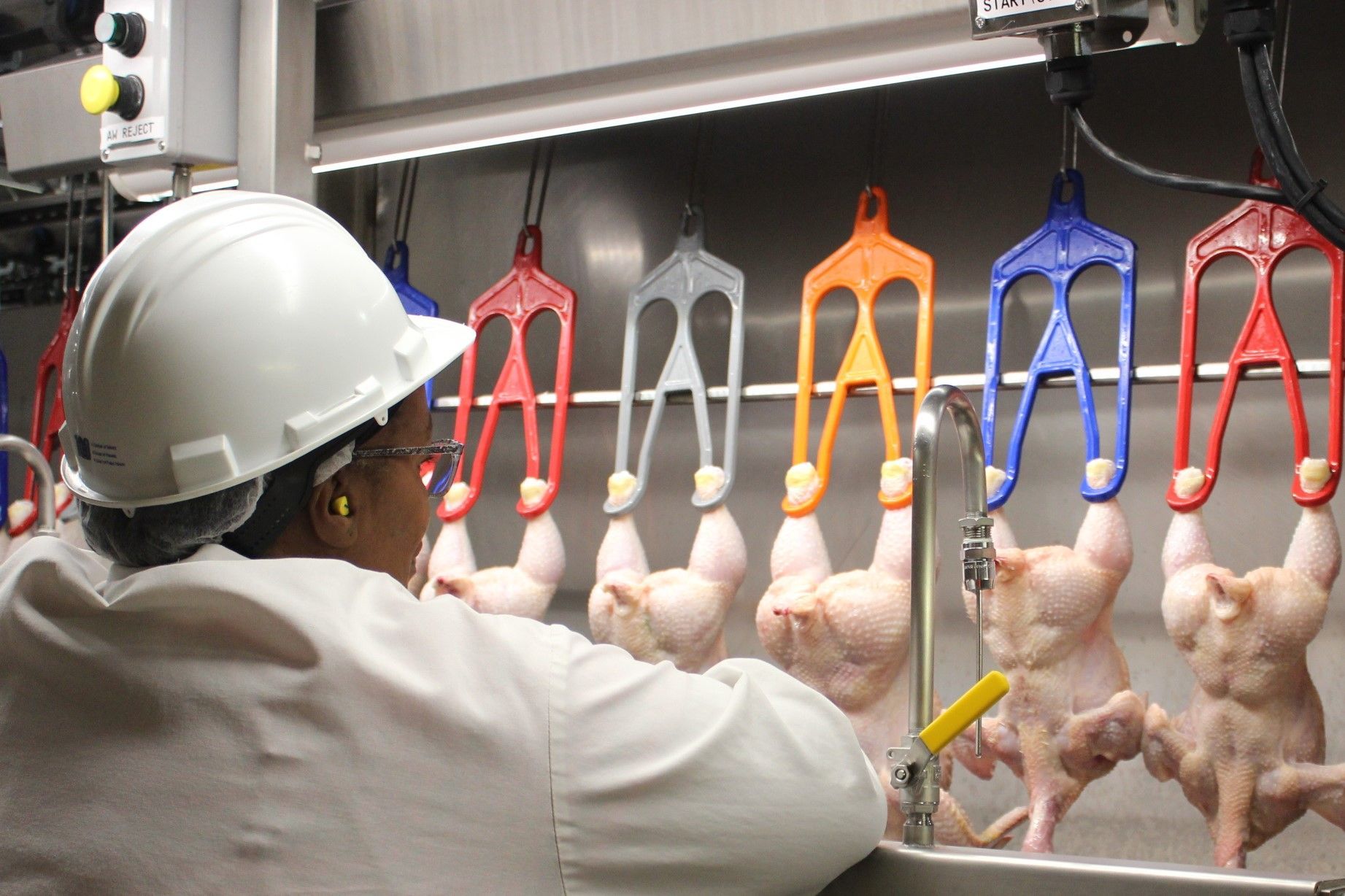Biden Administration Signals An End to Trump’s Deregulatory Nightmare
What's also shocking is that this penalty was ONLY THE SECOND MAJOR PENALTY HANDED OUT BY THE CPSC SINCE TRUMP TOOK OFFICE! Aside from Kidde, the only other major penalty administered by the nation's top consumer watchdog agency was a $27 million fine against ATV manufacturer, Polaris, in 2018 for a fire hazard linked to their ATV's. Perhaps, in what could be the understatement of the year, consumer advocate and legislative director at the Consumer Federation of America, Rachel Weintraub, concluded that "Enforcement has been down under the Trump administration, not only at the Consumer Product Safety Commission, but at many, many agencies."
The penalty against Kidde could signal a big shift in enforcement, establishing meaningful regulations intended to protect consumers, certainly not a concern of the Trump presidency which left the CPSC practically rudderless without any permanent head since 2018. As further evidence of his scorn for consumer safety and the CPSC, Trump in 2019 tried to nominate Nancy Beck, a former chemical industry executive who pushed to relax rules on toxic chemicals at the Environmental Protection Agency (EPA), as the new head of the CPSC. Fortunately, the Senate blocked this dangerous nomination, leaving Robert Adler, a holdover from the Obama administration, as Acting Chair of the CPSC.
In addition to searching for a strong consumer advocate to head the CPSC, Biden is also searching for a strong scientist to lead the FDA, which many believe was heavily politicized by outgoing Commissioner Stephen Hahn. The current acting FDA Commissioner, Janet Woodcock, a longtime drug regulator and career civil servant, is currently viewed as the frontrunner for the position. Further evidence of Biden's intention to lead on consumer, environmental and public safety is his pick to head the EPA, Michael Regan, head of North Carolina's Department of Environmental Quality, whose opening remarks to Congress included a pledge to "restore science and transparency at the agency while focusing on marginalized communities and combating climate change with a strong sense of urgency."
All of these fines, executive orders, appointments and nominations definitely signal that Trump's deregulatory nightmare, which led to thousands of deaths and injuries, may finally be over. I first wrote about the threat and consequences of haphazard deregulations in the February, 2017 and June, 2017 issues of this newsletter. And, in the October, 2018 issue, I stated that "regulators need to regulate." Let's hope that this new administration recognizes the need for meaningful regulations (and their enforcement) from the government agencies that have been specifically designed to protect consumers, workers and the general public from potentially bad actors who, when left to their own desires, would prefer to place their profits over our safety.
Check out my book "Murder, Inc.: How Unregulated Industry Kills or Injures Thousands of Americans Every Year...And What You Can Do About It". Available in Hardcover, Paperback, Kindle & Audiobook on Amazon now.















